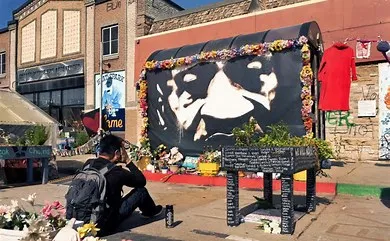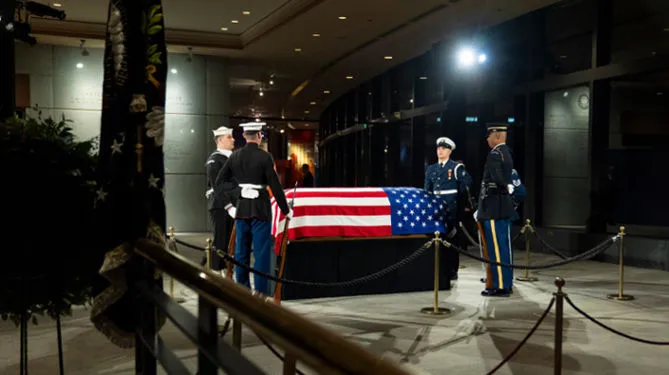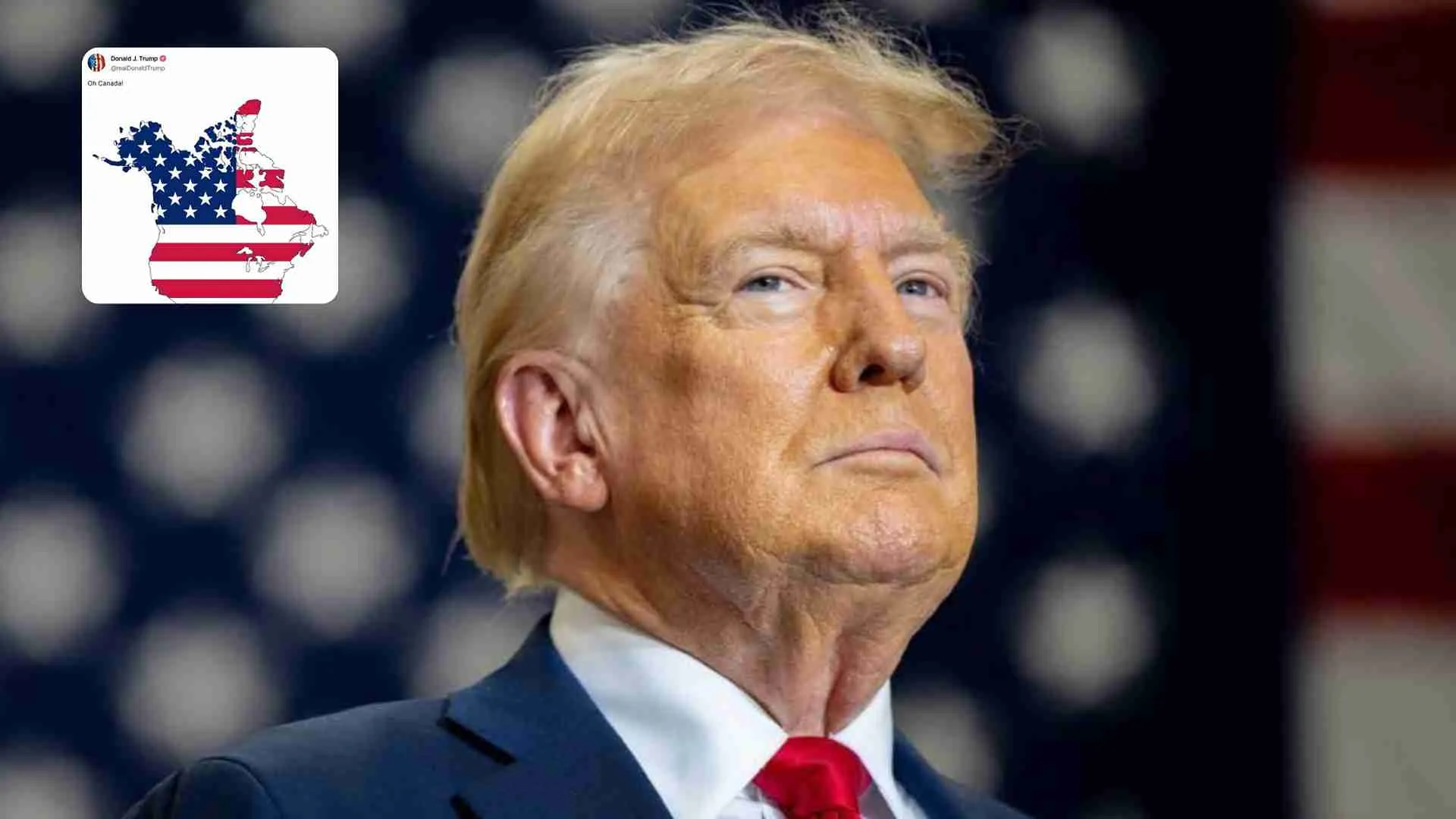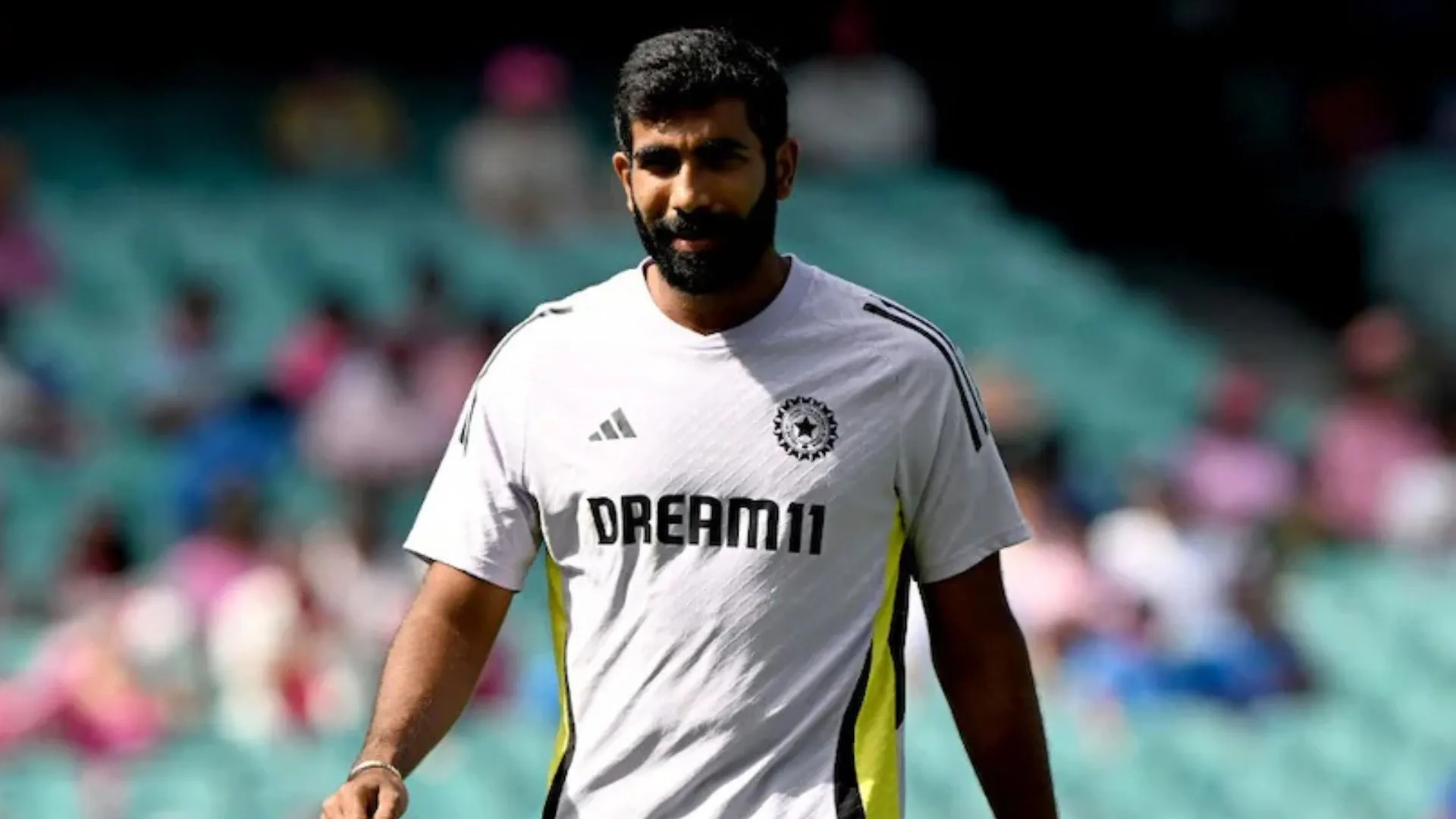The Minneapolis City Council voted unanimously (12-0) on Monday to implement systemic reforms within its police department and introduce external oversight. This decision follows a federal investigation into civil rights abuses triggered by the 2020 murder of George Floyd, a Black man whose death sparked nationwide protests against police brutality and racism.
Consent Decree: A Court-Enforced Agreement
The reforms are part of a court-enforceable agreement, known as a consent decree, reached between Minneapolis and the U.S. Justice Department. An independent monitor will oversee the city’s progress, ensuring compliance with the outlined changes. The agreement now awaits approval from a federal judge.
Findings of the Federal Investigation
The federal probe, concluded in 2023, uncovered a disturbing pattern of discriminatory practices within the Minneapolis Police Department. Key findings include:
- Excessive force disproportionately targeting Black people and Native Americans.
- Use of banned neck restraints in non-threatening situations.
- Unjustified shootings in situations where no immediate threat existed.
These findings echo the systemic failures highlighted by the murder of George Floyd, who died when former officer Derek Chauvin kneeled on his neck for over nine minutes.
Broader Context: Pattern-or-Practice Investigations
The Minneapolis investigation is one of several “pattern-or-practice” probes launched by the Biden administration to examine systemic issues within police departments. Such investigations often result in consent decrees, as seen in Louisville, Kentucky, which reached a similar agreement last month.
Despite resistance from some cities, these agreements are viewed as crucial steps toward accountability and reform. Minneapolis’ consent decree solidifies measures to prevent the recurrence of civil rights abuses and ensure community trust.
Challenges Ahead with Changing Administration
The agreement was finalized weeks before Republican President-elect Donald Trump assumes office. Trump’s administration is expected to provide less oversight than President Biden’s, who pledged police reforms following Floyd’s murder. During his campaign, Trump promised increased legal protections for police and previously limited the use of pattern-or-practice investigations during his first term.
Looking Forward
With federal and state convictions against Derek Chauvin and three other officers already in place, Minneapolis is at a critical juncture to rebuild public trust through accountability and meaningful change.






















